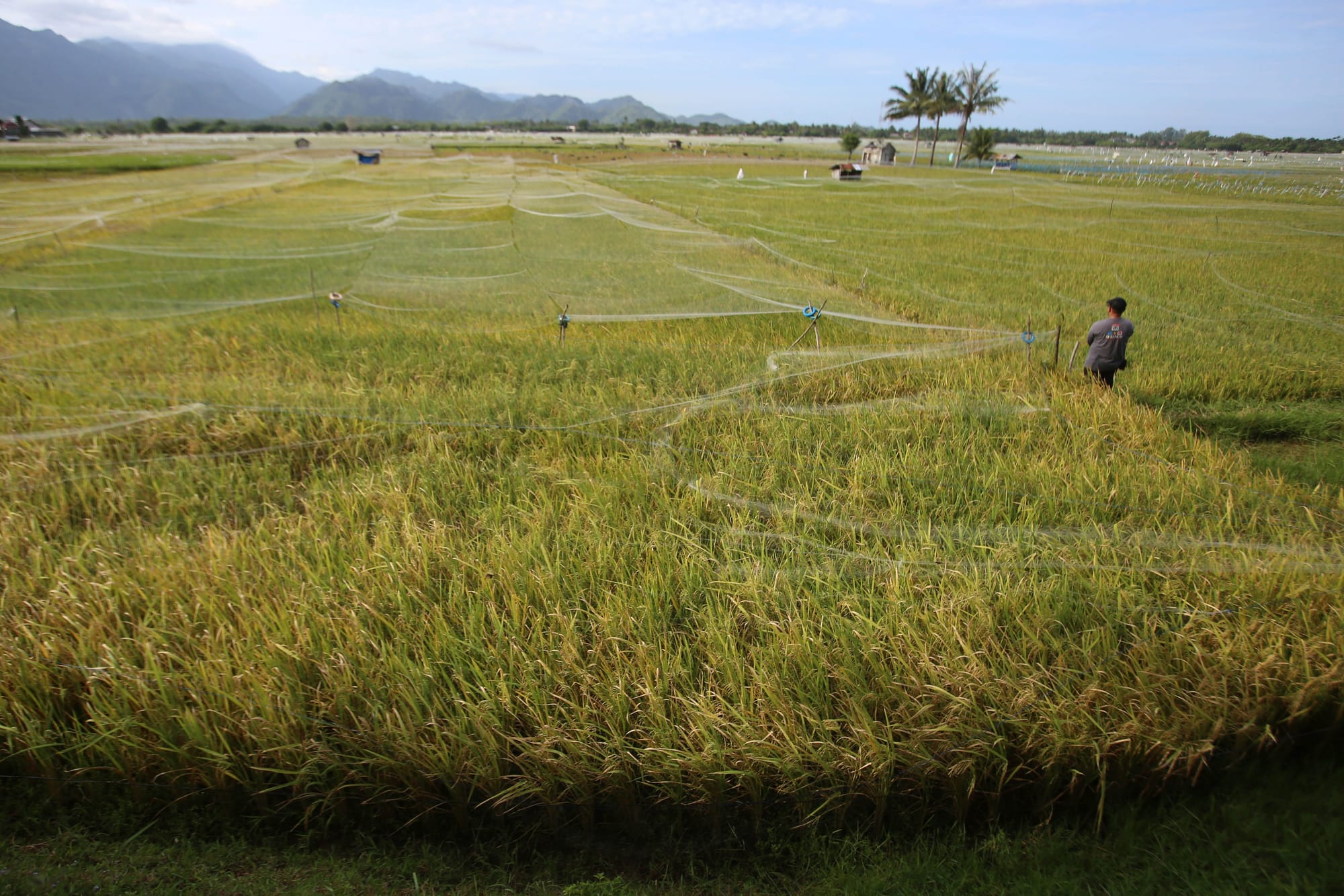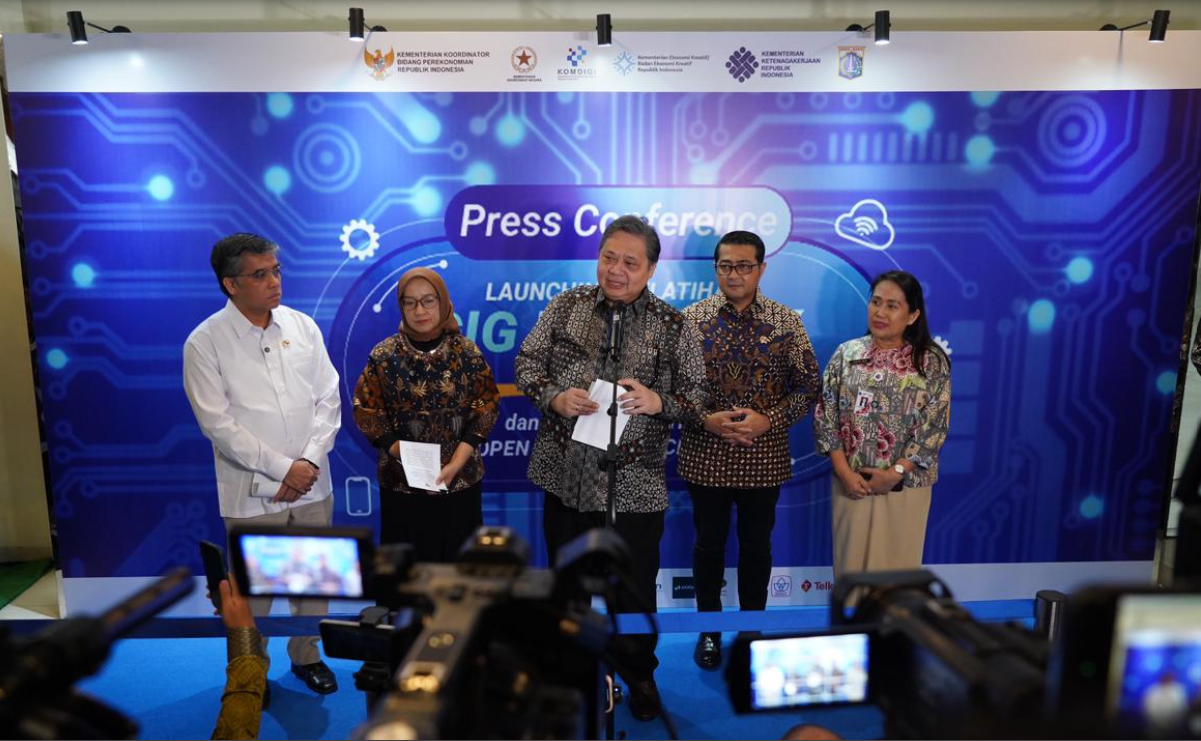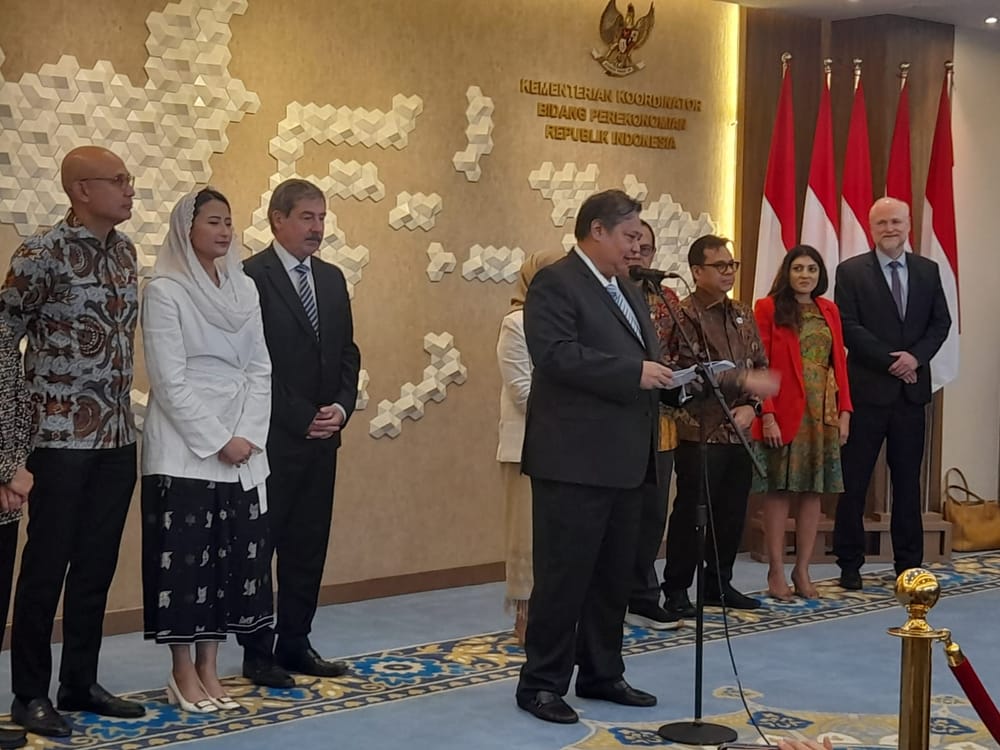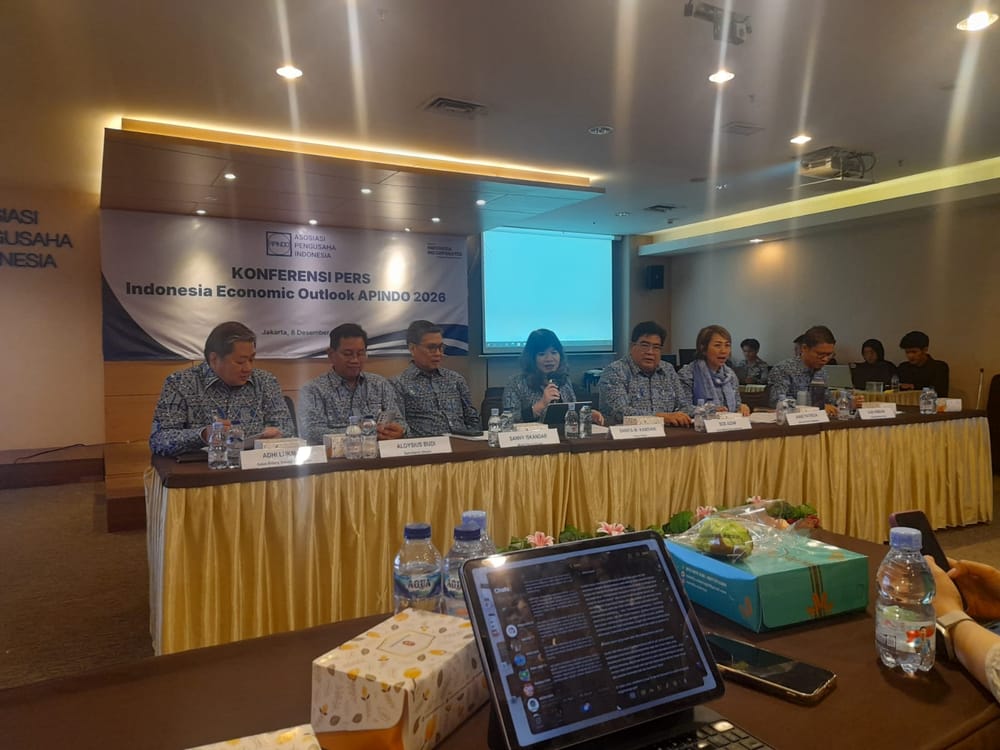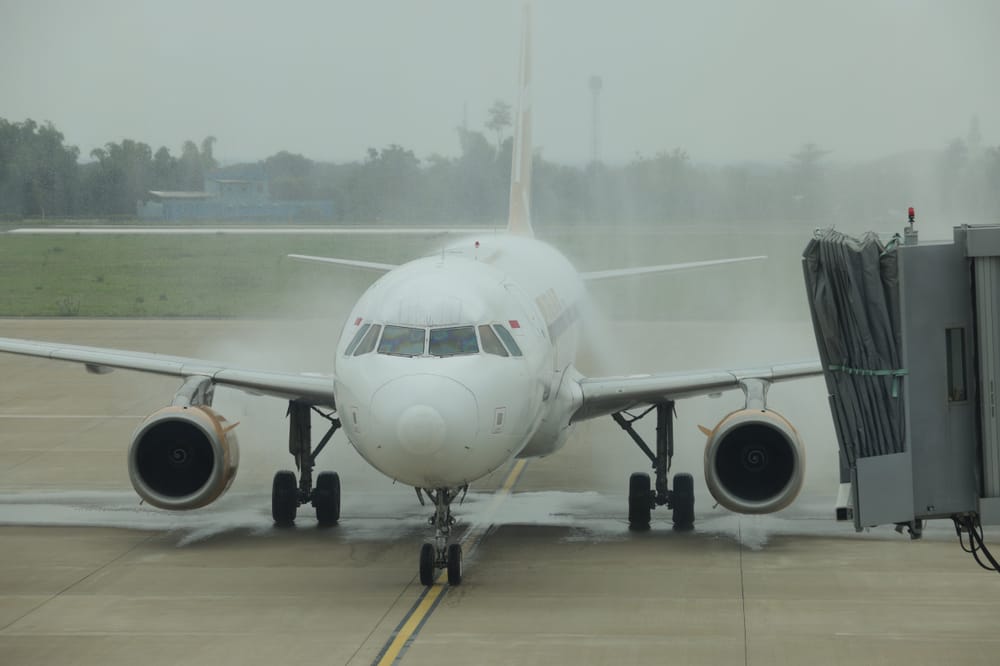Since leading Indonesia, President Prabowo has stated his commitment to achieving food and energy self-sufficiency. In fact, he proclaimed: Indonesia must immediately achieve food self-sufficiency in the shortest possible time. It should not depend on food sources from abroad.
Currently, some domestic food needs are still imported. Therefore, before self-sufficiency occurs, Indonesia needs to maintain food security. Namely, the fulfillment of food for households in Indonesia, both in quantity and quality, safe, evenly distributed, at affordable prices.
This commitment also re-emerged when the government recently released the 2026 RAPBN (Draft State Budget). For this reason, according to a number of agricultural experts, Tuesday (26/8), the government needs to develop strategies and plans to realize sustainable national food security amidst various global economic challenges – such as climate change, natural disasters, pandemics, or economic crises.
In the RAPBN, the Indonesian government allocated a food security budget of IDR 164.4 trillion in 2026. These funds are allocated to three main focuses, namely, production, consumption, and distribution of food reserves.
Agricultural observer from the Indonesian Political Economy Association, Khudori, said that national food security will be realized if the government prioritizes the welfare of farmers.
"Farmers are the heart of the agricultural sector itself. Food security can be achieved if the farmers are prosperous," Khudori told SUAR in Jakarta (26/8).
"Farmers are the heart of the agricultural sector itself. Food security can be achieved if the farmers are prosperous," said Khudori.
Currently, he said, the government has made various efforts that are expected to support this. One of them is the determination to increase the government purchase price (HPP). Now, the HPP for unhusked rice is IDR 6,500 per kilogram (kg) as of January 15, 2025. The increase in HPP is considered to be able to save farmers from middlemen.
According to Khudori, farmers will prosper if their production is absorbed properly and there are no imports. "Prioritize domestic production first, don't import easily," he told SUAR in Jakarta (26/8).
The Central Statistics Agency (BPS) recorded that national rice production throughout January–June 2025 reached 21.76 million tons, up 2.83 million tons or 14.49% compared to the same period the previous year.
Indeed, rice imports in Indonesia in 2024 reached 4.52 million tons. This figure has increased compared to previous years, and most of it comes from Thailand and Vietnam.
However, in the January-March 2025 period, rice imports experienced a drastic decrease of up to 92.26% compared to the same period the previous year.
Khudori said that the policies issued by the government must also be pro-farmer. Such as, providing subsidized fertilizers, adequate agricultural tools and machinery.
Although it is an agrarian country, most of the agriculture in Indonesia is small-scale and carried out on a subsistence basis. More than 15 million Indonesian farmers cultivate land smaller than 0.5 hectares, according to data from the Central Statistics Agency.
A similar point was made by agricultural observer from the Bogor Agricultural Institute (IPB), Dwi Andreas. He said that a country's food security will be well realized if it includes five aspects. Namely, the welfare of farmers, land optimization, adequate climate, increased productivity, and involving the private sector.
- The first aspect is improving the welfare of farmers. The government already has efforts to improve the living standards of farmers. This can be seen from the National Food Agency (Bapanas) which has increased the government purchase price (HPP) for agricultural commodities such as grain and corn.
- The second aspect is land optimization. The government can carry out modern cultivation technique programs or utilize vacant land that can be managed. In fact, there is still a lot of vacant land in Indonesia that is abandoned.
- The third aspect is the climate problem. This is still the biggest challenge because the weather is difficult to predict. The solution to this climate problem is to increase the construction of reservoirs in several areas.
- The fourth aspect is increasing agricultural productivity. The government must carry out the latest research and development and can learn from other countries for plant development techniques.
- The fifth aspect is that the government needs to involve the private sector because they know the conditions on the ground, don't blame and be suspicious of the private sector.
“If these five aspects can be fulfilled, national food security can gradually be realized,” Dwi told SUAR.
Pro-farmer policy
Minister of Agriculture (Mentan) Andi Amran Sulaiman emphasized that the government continues to implement pro-farmer policies, starting from adjusting grain prices, access to subsidized fertilizers, to providing agricultural tools and machinery to strengthen national food security.
"We are serious about not importing rice. This policy is a real manifestation of the government's commitment to the welfare of Indonesian farmers," Amran said in a press release received by SUAR (19/8).
He said that agricultural policies and assistance will continue to be implemented as a form of the government's support for the food sector and farmers in the country. Currently, Amran claims that rice prices in the country are no longer soaring.
Based on data from the National Food Agency's Price Panel on Sunday (24/8) at 13:29 WIB, the price of Food Supply and Price Stabilization (SPHP) rice at the consumer level nationally was at Rp 12,583 per kg, or 0.66% higher than the highest retail price (HET) of Rp 12,500 per kg.
Meanwhile, the price of medium rice was recorded at Rp 14,294 per kg, 14.35 percent higher than the HET of Rp 12,500 per kg. Premium rice nationally was recorded at Rp 16,089 per kg, or 7.98 percent higher than the HET of Rp 14,900 per kg.

The General Chairperson of the Association of Rice Milling and Rice Entrepreneurs (Perpadi), Sutarto Alimoeso, said that the government must truly ensure that pro-farmer policies run perfectly and that there must be monitoring in the field.
"There must be an evaluation team; don't let it be left without supervision. For example, when there is assistance in the form of agricultural tools and machinery for farmers, send a team to supervise it so that the tools are not abandoned and unused," he said.
The Ministry of Agriculture projects that national rice production until September 2025 will be a surplus of 4.86 million tons from the set target of reaching 32 million tons in 2025. Meanwhile, Perum Bulog's current rice stock reaches 4.2 million tons. The government's target is to achieve food self-sufficiency this year.


